THE CEAB
The Centre for Advanced Studies, located in Blanes (between Barcelona and Girona, in Western Mediterranean), is a leading, internationally renowned scientific research centre in the fields of marine and freshwater aquatic biology and ecology, as well as in theoretical ecology. We use a wide range of methodological approaches, from field observation and experimentation to modelling and advanced computing. We contribute scientific knowledge and promote its application for the health and conservation of ecosystems, in order to address the current and future challenges of global change.
Research areas
Biodiversity and Ecology
Effects of global change
Conservation and Restoration
Publications
- Octavio Aburto
We are water. We are science.

Prismàtic
The CEAB is an active member of the Knowledge Platform for Heritage and Biodiversity Management. Prismàtic is a platform that collects innovative knowledge generated by research centres and other entities, making it easily accessible to managers for decision-making purposes.

Catalan Observatory of Natural Heritage and Biodiversity
The CEAB participates in this Observatory that collects information on biodiversity in order to understand natural richness, assess the conservation status of species and habitats, and properly guide and prioritise management policies. The Observatory also aims to raise awareness among citizens in order for them to become critical stakeholders, playing an important role in decision-making for nature conservation.

InvaNET
As an expert centre in this field, the CEAB forms part of the Thematic Network on Biological Invasions (InvaNET), which creates and disseminates records of invasive species. The network has conducted the first complete horizon-scanning of invasive species in Spain. Invasive species are considered a key component of global change due to their significant impacts at the population, community and ecosystem levels.

Plasticopyr Switch
The CEAB is the driving force behind this citizen science project aimed at reducing plastic pollution in high-mountain ecosystems and at making tourism compatible with conservation. Participating citizens can collaborate with scientific teams by visiting rivers, searching for plastic waste and uploading their observations through an application.

World Register of Marine Species
As an expert centre in taxonomy, the CEAB is part of the World Register of Marine Species, providing an authorised list of the names of marine organisms. In addition to providing information for this register, the centre collaborates with the initiative through its taxonomy experts, who verify data entered in the register

Oceans +
The CEAB forms part of this interdisciplinary thematic platform (PTI, according to its Spanish initials), a tool of the Spanish National Research Council (CSIC) aimed at bringing together scientific teams specialising in different fields of marine science. The platform’s mission is to generate solid scientific knowledge of the environmental status of the marine environment and its response and adaptation to climate change and global change, contributing to achieving the good environmental status of marine ecosystems.

Sea Observers
The CEAB is one of the coordinating centres of this citizen science platform. Citizens can collaborate with scientific teams in monitoring species and habitats. The centre’s research staff subsequently verify the observations, which, if validated, contribute to expanding knowledge about the marine environment and its response to global change. This information is valuable for management, conservation and restoration purposes.

Mosquito Alert
The CEAB coordinates this citizen science surveillance platform aimed at preventing the spread of invasive mosquito species capable of transmitting diseases. Using the Mosquito Alert app, users can report the possible detection of one of the studied mosquito species, as well as potential breeding sites. The data, validated by experts, is uploaded to a public map which, among other things, is useful for managers in order to prioritise control actions.

Interdisciplinary Thematic Platform for Global Health
The CEAB participates in this platform that seeks to obtain a global view of the main threats to public health in order to propose short-, medium- and long-term solutions. There is a strong focus on prevention: research on variables, mechanisms and patterns to combat disease agents and vectors.

Euromarine
The CEAB is a member of EuroMarine, the European Marine Research Network, a collaborative and interdisciplinary network that creates, facilitates and funds training opportunities, knowledge exchange and research to address emerging issues in the field of marine science. EuroMarine advocates for evidence-based approaches to European marine policy and governance.

EcoBioDiv+
The centre forms part of this interdisciplinary thematic platform whose main objective is the promotion, implementation and maintenance of collaborative infrastructures that collect data on species dynamics, habitats, environmental processes and socio-ecological aspects. The goal is to make this integrated data available to both the scientific community and managers.

Life Resque Alpyr
The CEAB leads this European project aimed at the recovery of high-mountain aquatic ecosystems through actions for the conservation and restoration of habitats and species in four areas of the biogeographic regions of the Pyrenees and the Alps. It is co-funded by the EU’s LIFE 2020 programme, which promotes conservation and recovery actions in the protected areas that form part of the Natura 2000 Network.

LTER (Long-Term Ecological Research)
The CEAB belongs to this network of centres, researchers and managers committed to long-term ecological research. This research, related to natural areas, is a tool for proposing solutions to current and future environmental problems. By forming part of these large-scale networks, in addition to reporting on local or regional processes, the centre contributes to a better understanding of global processes.
Global Lake Ecological Observatory Network (GLEON)
We coordinate this international network of over a thousand researchers who apply open and collaborative science to understand how global changes affect the ecology and functioning of lakes. GLEON is a horizontal and inclusive scientific community that breaks down barriers related to research investment, career stage, or cultural differences so that anyone can lead research projects with a global perspective. Within GLEON, esGLEON (funded by the Government of Spain) promotes the participation of researchers from Spanish-speaking countries.


